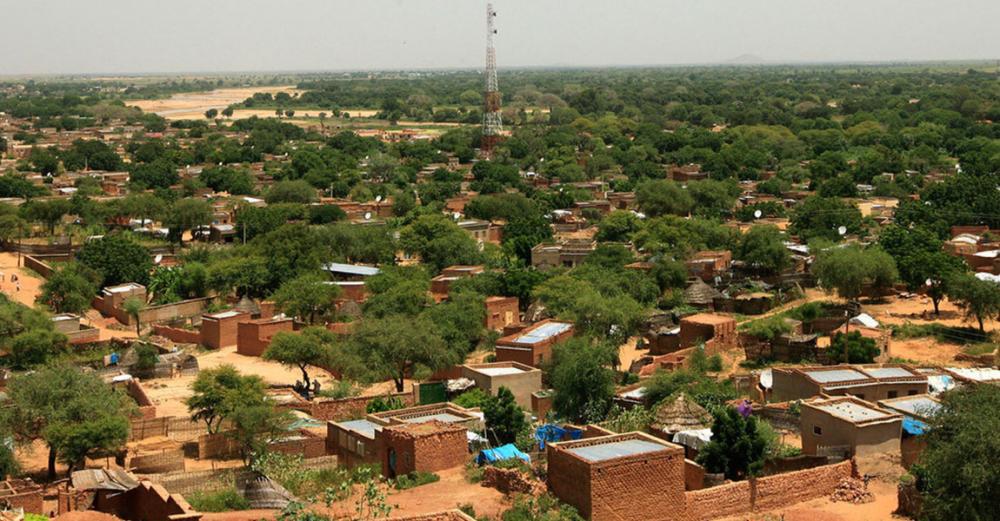Just Earth News | @justearthnews | 04 Apr 2020, 05:58 am Print

New York : The United Nations and its partners are putting in place alternative plans to ensure the continuity of humanitarian assistance in Sudan, as measures taken by the Government to prevent the spread of COVID-19 are having an impact on aid access, deliveries and services.
According to Jens Laerke, Deputy Spokesperson at the Office for the Coordination of Humanitarian Affairs (OCHA), seven COVID-19 cases, including two deaths, have been confirmed in the east African country -- all having arrived from abroad and now receiving medical treatment in isolation centres in Khartoum.
Measures taken by the Government include a 6pm to 6am curfew, the closure of schools for one month from mid-March and a reduction of staff in key government offices.
Adapting to these new realities, the UN and aid partners have begun organizing advance food distribution for 2-3 months of rations at one time, aiming to limit the frequency of gatherings and the associated potential spread of coronavirus.
Meanwhile, activities that involve gathering of people - trainings, workshops, meetings and awareness sessions on gender-based violence, for example – have been suspended.
However, individual case management, counselling, referrals and confidential services to survivors of gender-based violence continue, as the UN Population Fund (UNFPA) warns that curfews and lockdowns will make women more vulnerable to gender-based violence and domestic abuse.
To protect malnourished children, the supply of ready-to-use therapeutic food will be increased, which will reduce the frequency of visits by health staff in nutrition centres.
New guidelines and procedures are also being developed to ensure that health workers can continue to deliver immunization, nutritional supplements, and maintain both infant and young child feeding programmes.
In Blue Nile State, Laerke said humanitarian organizations plan to scale up knowledge and skills of health workers to deal with COVID-19. They will also raise community awareness on self-prevention and monitor arrivals at entry points in Blue Nile State to help identify and isolate suspected cases.
In South Darfur, he said the State Ministry of Health has identified two isolation centres and is procuring thermal detectors and protective equipment. Awareness-raising campaigns are ongoing in South Darfur, with printing of posters and messages for radio and TV.
There are 9.2 million people in Sudan who need assistance, including nearly 3 million refugees and internally displaced people
Photo caption and credit
:
UNAMID/Hamid Abdulsalam
A landscape view of El Geneina town, the capital of West Darfur, Sudan.
- US official reacts to Elon Musk's remarks backing India's permanent UNSC seat
- Sri Lanka: 6.2 magnitude earthquake hits Island Nation, no casualty
- UN chief hails SE Asia for vital role ‘building bridges of understanding’
- India-Uzbekistan Synergy at the SCO
- Kazakhstan to host Astana International Forum in June to address key global challenges






